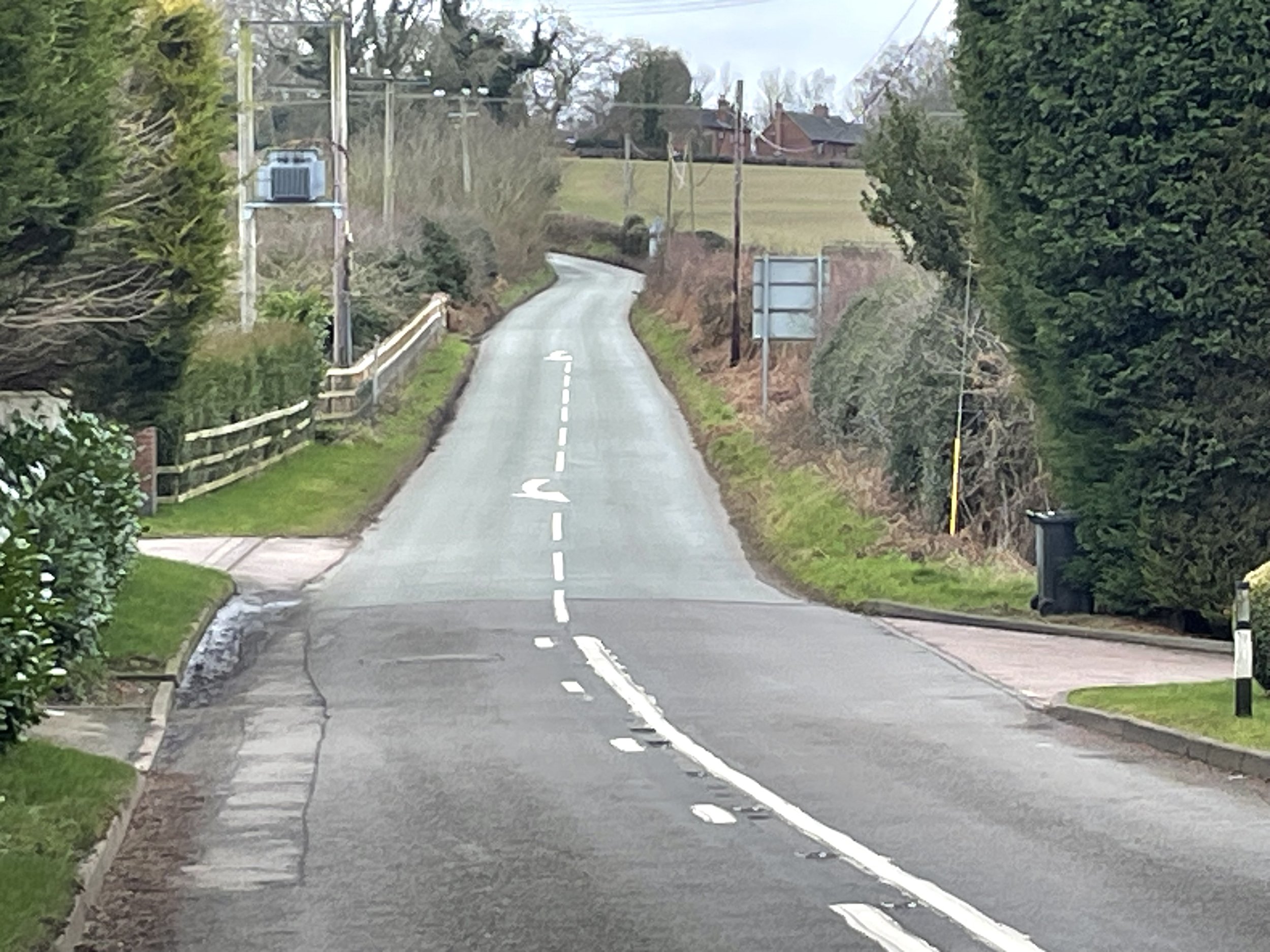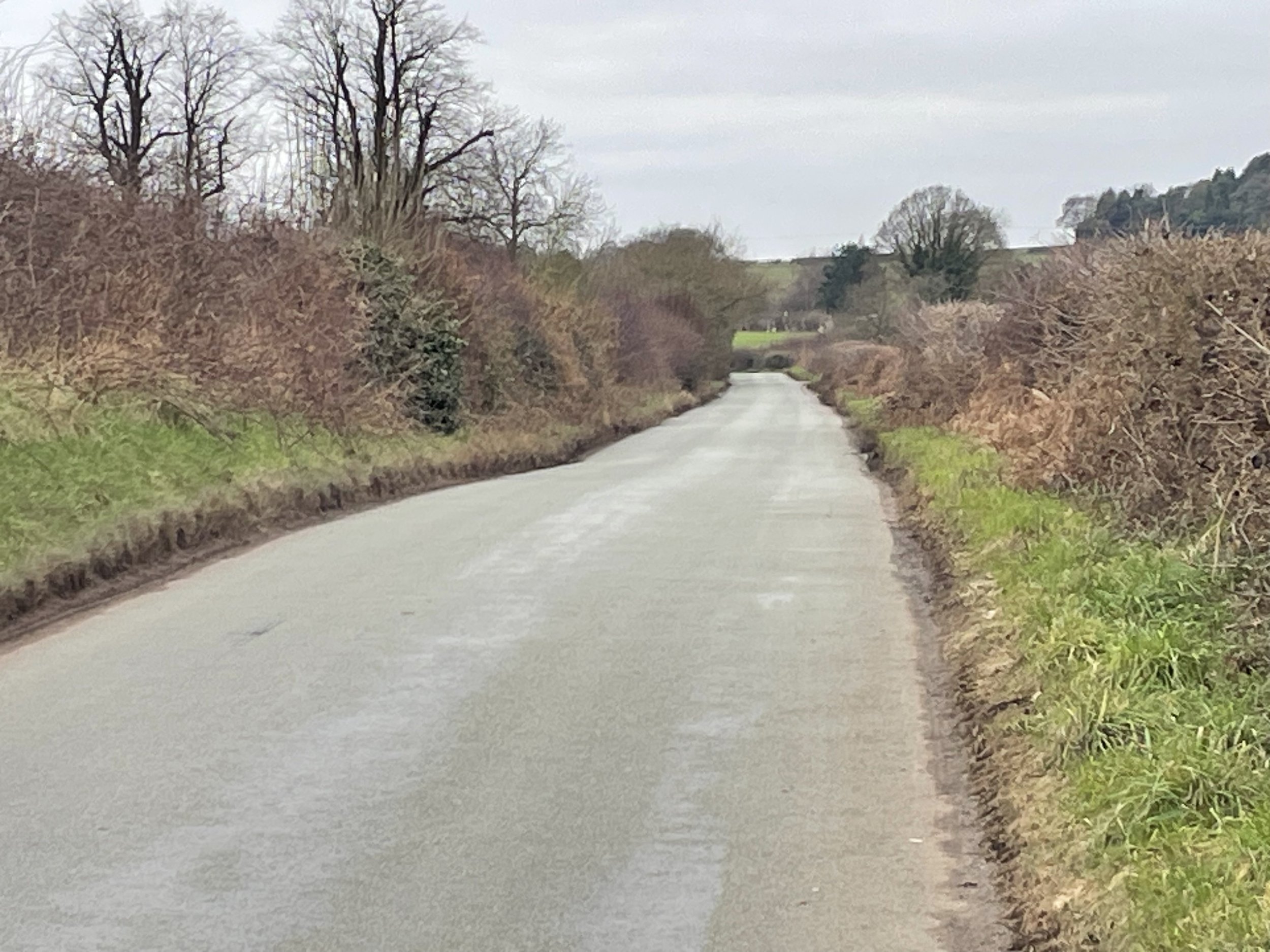Double Bluff
A double bluff is usually defined as an action or statement that is intended to appear as a bluff but is in fact genuine. Here an older brother uses a double bluff, and some straight-forward untruths, to get his younger sibling out of trouble. Whether he is likely to succeed in the long-term remains to be seen.
‘What the fuck are you doing here? Piss off!’
Given he was, whichever way you looked at it, in big trouble; my little brother’s reaction to my presence in the old signalman’s hut, was hardly positive. I say ‘little’ brother: ‘younger’ is more accurate. He was, at fourteen and a half, six foot two inches of beanpole growth. So, he had three inches over me, and was likely to get even taller. However, I was the responsible one, supposed to keep my little brother on the straight and narrow.
A lot of kids ‘do’ drugs. I’d even smoked some weed myself – once. I’d barely made it outside before throwing up, so I knew the stuff wasn’t for me. Back home from University for the Easter vacation (and with loads of work to do before year-end exams in May), I had been given the job of making Alan ‘buck his ideas up,’ as school was worried about him. His grades were slipping. Our parents didn’t understand it, but one sniff inside his fuggy bedroom – goodness knows when he’d last opened the window – told me what the issue was. My question was, how was he paying for it? Unless the parents had increased his pocket-money tenfold, or he’d got himself a weekend job I didn’t know about, Alan was in debt to the sort of people who didn’t take kindly to those who couldn’t pay.
Including Alan, there were three of them stuffed into the dark interior of the hut. And now I’d joined them, it was getting crowded. The rusty, corrugated iron pitched roof, more hole than metal, showed the starry sky; the walls were old, very old, railway sleepers – tar-black, solid and dense. The only escape through a solitary door that was hanging on by one hinge. This was only ever a storage space, or a possible hidey-hole when a railway worker needed a bit of shelter to drink his billy-can tea. Later, it was a place for kids to hide in when they were messing around on the line. The old signal box was a few hundred yards up the line, and much less accessible. Also, the broken glass made it more dangerous.
The leader, an older man in his mid-twenties, stirred himself: ‘Yeah. What he said.’ Even in the half-light, I could see his eyes were focussed and alert, flicking back between me and Alan. This one was pusher, not a user. His second remained lounged against the far wall throughout the whole meeting: saying nothing and doing less.
‘You’re recruiting.’ I made it a statement. Everyone knows the ‘County Lines’ gangs need schoolkids to travel for them. The police were on to them, but couldn’t stop every student travelling around the town and countryside at the end of the school day.
‘And,’ I continued, ‘you need people the police don’t know.’
Silence.
‘They know us. Both of us.’ I said.
‘You piss-artist! Shut up!’ Alan was not happy.
‘But you know the cops know us. Ever since I was ten, they’ve known us. Of all places, you had to come here. This is where we were caught. Or are you telling me you don’t remember?’
‘There’s no record! I was too young!’ Alan was whining now.
‘There is a record. I wasn’t.’ I replied. I turned to the man in charge. ‘It was just before they shut the line. We were messing about. The police said we forced the Aberystwyth express to brake.’
‘The Aberystwyth express?’ the man scoffed.
‘Maybe it wasn’t going that fast. Not along this track, anyway. Besides, we denied it. I mean, we couldn’t deny we’d been on the track, the PC called us down from the bridge. But we said we’d never seen a train. Even so, we had a visit to our home. Come on, Alan, you must remember that. Dad blew a gasket after the inspector left.’
‘No, I don’t.’ Alan descended into sullen mode.
‘A police inspector? At your home? Over you being here? Give me a break!’ openly scoffing, the leader folded his arms, glaring at me.
‘Yeah! Dad remembers – he knows where we are. Bound to, isn’t he? Given this was the scene of our first crime.’ Despite what the drug dealer might have thought, that was my first lie of the night. Dad didn’t know. I had followed Alan without being sure where he was going.
However, as soon as he left the village and cycled down Fieldfare Lane, it was obvious. He was hardly going to town, six miles away – not with his attitude to exercise. On Dad’s bike, I could let him get ahead. There were no police around, so I left my cycle-lights off – all the easier to follow Alan’s lights to see where he stopped. He dumped his unlocked bike by the side of the road, where any passing idiot could have picked it up. I had time to hide both bikes before climbing the railway embankment and making my way to the hut. The lookout had been too busy lighting his spliff to see me sneak in – to my rapturous welcome from Alan.
Alan’s brain was catching up with what I had been saying: ‘You mean Dad knows where I am? He’s worked it out?’
I decided to go with it: ‘How come he sent me? I’m away at Uni most of the time these days. How the hell do I know where your hang-outs are?’
‘And you’ve got police records?’ The drug dealer sounded sceptical.
‘Yes, so when he’s stopped, they’ll know who he is. By the way, Dad will tell them if he’s ever home late. We do live in walking distance from school.’ Another whopper: it’s Mum who’s at home. All she does is call: ‘is that you, dear?’ when any of us come in the door, and carry on with her embroidery – or whatever her latest hobby is.
The leader finally detached himself from the back wall. It took three paces from him to come face to face with me.
‘I could have you stabbed; you know.’
‘I’m sure you could. But there’d be an awful lot of fuss. More than your bosses would want to handle.’ I was guessing (again) he wasn’t in ultimate charge. My face and my voice were calm, I hoped my sweat didn’t show in the half-light. I might belong to the Officer Training Corps at University, and have a Regimental Sergeant-Major who was ex-RAF Regiment, but I wasn’t sure if I could take on the two drug dealers inside the hut, the watchman outside, and get Alan away safely. Alan was just cringing behind me. It was the watchman who broke the tension.
‘Boss! Someone coming down the lane!’
I smiled: ‘Didn’t I say Dad was going to call the police if we didn’t get back?’
The ‘boss’ shook his head. ‘You poncey, rich bastards. Nah! Police record, my arse. But he owes – and if he doesn’t pay, it’ll be the worse for him. Understand?’
‘Oh, we understand. How much?’
Of course, Alan’s debt was more than he had on him. I knew he had his wallet – maybe he thought he could buy some drugs while he was agreeing to run the stuff for them. His debt cleaned me out as well. He was lucky I had only that day visited a hole-in-the-wall. We were ‘advised’ to leave the hut as the watchman repeated his warning. The three drug dealers scarpered. A couple of minutes later, we heard a car start up.
‘Come on.’ I said, ‘home.’
I wish I could say my efforts were appreciated. Alan complained I’d moved his bike. He complained he was old enough to make his own decisions and didn’t need me interfering – whether it was on Dad’s orders or not. He complained I had spoiled his chances with ‘his friends.’ He complained he didn’t know about the police record. When I explained he didn’t have a record, but I did (or might have, I was never sure what happened after they decided not to press charges: me being the oldest and the only one they could have prosecuted), he got even more whiney: ‘You mean the police wouldn’t stop me? I could have done it? Thanks for nothing.’ He tried to cycle away from me, but, even on Dad’s heavier bike, I was too fit for him. He dumped his bike in the back garden and vanished inside the house. By the time I’d put both bikes away in our garden shed, he was in his bedroom with the music blaring. I explained as best I could to an incredulous Mum and Dad.
He never did pay me back the money.



